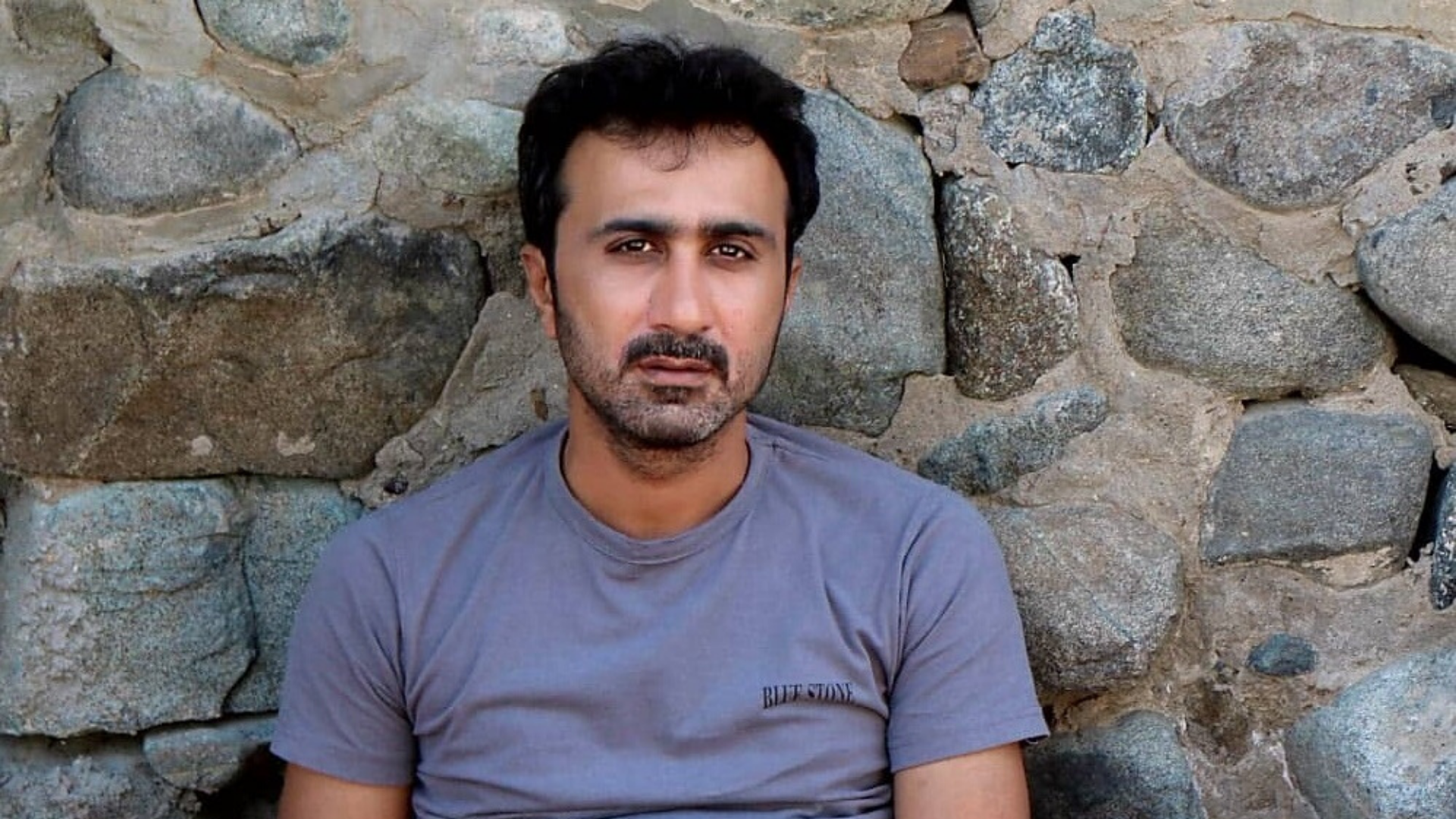When I moved to Norway almost three years ago, I began to forget what fear was. With time, I let go of the concerns that one day my friends would wake up and find out from my family that “Kiyya has disappeared”. Most of those who have lived in Europe have similar feelings of safety. But nothing seems to be the same after the incident of March 2 when Sajid Hussain went missing in Sweden.
The police reports will give us a better idea of what happened to him but the mystery surrounding his disappearance and the recovery of his body has brought back my old fears. It is late night, almost dawn, and I am awake pondering on the circumstances of his death. A senior colleague disappeared and did not return. That is the fate of every educated Baloch no matter which part of the world he is in. Once they go missing, there is no coming back.
His whereabouts remained unknown for two months. We should have given up all hope. We didn’t as he had disappeared in a country considerably safer for journalists than Pakistan. That is why the confirmation of his death broke our hearts.
Sajid’s death has left a vacuum so big that I doubt it could ever be filled. He was a brave writer from Balochistan where the insurgency and the military’s wish to control the flow of information haunt journalists. Despite coming from such an insecure region, he worked hard and became an incredible talent contributing to the most prestigious dailies inside and outside Pakistan.
It surprises me how he fought so many challenges and became the brilliant writer that he was. The security situation and the continued harassment could not stop him. He inspired so many of us by pursuing the truth in a country where intellectual cowardice is considered a necessity to survive, if not a virtue.
His death is a great loss for Balochistan. He was probably the only one from his generation who kept telling the stories of the victims of enforced disappearances without fear. Sadly, an era of brave journalism ended with his death. He left us too soon. This haunts me. He fled to Sweden so he could continue his work in a safer environment. I wish he had never gone to Sweden. He might still have been alive. Who knows? But he disappeared and died in a country not far away from where I live.
That is why it’s so hard to take. As I had mentioned, his death has reminded me of the memories of my ordeal in Pakistan. I wish I could erase those memories, the memories of hearing the phone ring that would make me panic and the thoughts of receiving a call from an unknown number. In those days, I suffered from telephobia.
After I crossed into Europe, I thought I changed. I was wrong. The fear is still there, it was just hidden for a time. I’m dreading my phone once again. My WhatsApp has 89 unread messages. I have many missed calls. Many of my friends must be complaining or taunting me. Please understand! I do not have the energy to deal with every single message. My telephobia has returned. I’m gripped by fear. I now feel like someone is watching me. I am afraid to say ‘hi’ to anyone with black hair and brown skin. A friend says I am being racist. I think I am not. When cycling through a dense jungle not far from my home, I feel somebody is chasing me. I am avoiding phone calls from the numbers that are not saved on my phone. Well, can someone harm me through the phone? I don’t know. Friends say I have become paranoid. Am I?
If yes, why should I not be? We lost our courageous Sajid, a friend of the marginalized communities. He was an extraordinary storyteller. I would even go on and say that he was a gift from God. He had a lifelong love for books. He devoured them. I do not. I am just an ordinary man with little love for books. But he and I have one burden in common, the burden of writing. He was a devoted writer. I have been reading his old pieces. He will always be remembered for his fine work on the Baloch missing persons. And the sinister fact is that like him, I do not believe in voluntary censorship.
Anyone who has practiced journalism in Balochistan is aware of the grim realities of rights violation in the region but reporting them fairly is an unforgivable sin and the punishment is hard. The families of the missing persons go from one press club to another crying that journalists at least tell the world that their loved ones have been abducted without any warrants against them. Their cries mostly fall on deaf ears. But Sajid was always attentive. He listened to their stories, felt them and wrote them in a manner that many of us wished we had some of his ability and courage.
He probably paid the price for it, the price of leaving his home and living without his family for years. I have not been subjected to the level of mental and physical pressure that he went through. Nobody ever likes to. I particularly did not. I love riding my cycle. Some of my friends jokingly tell me my fate has been sealed now. What? Death? All my well-wishers want me to leave this profession. But how? I feel like as a Baloch journalist, I am stuck on an impassable road. The path that I have chosen for myself is a dangerous one that could lead me to a dungeon or towards death. I am aware of that. Still, I have made up my mind.
Kiyya Baloch is a freelance journalist based in Norway



